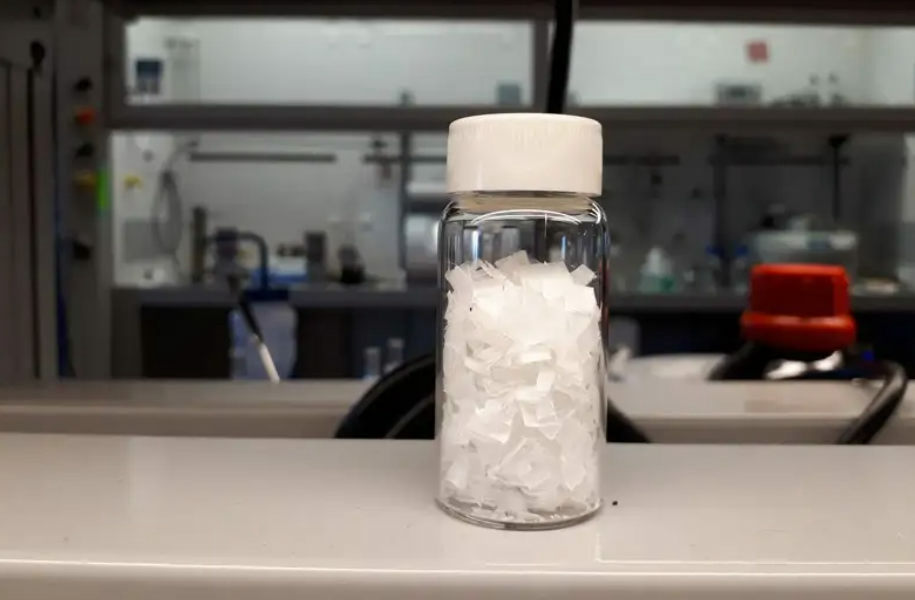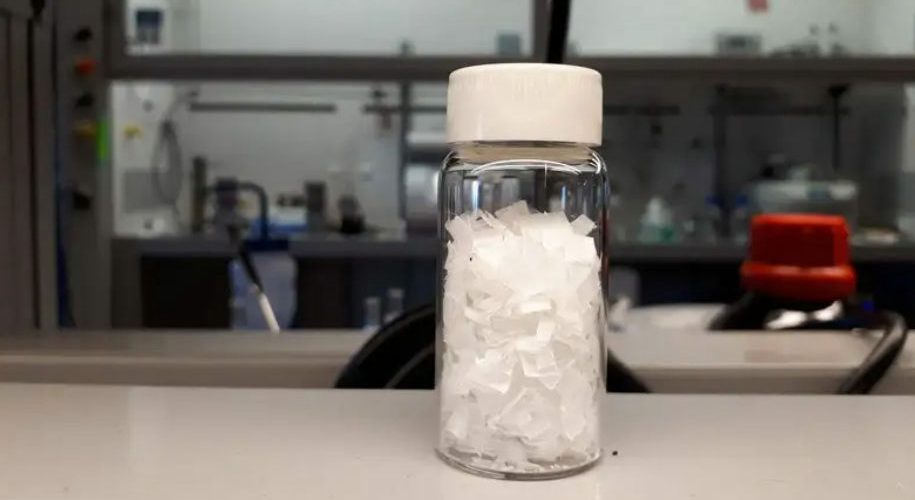
The environmental pollution problem of plastic waste, which is discharged in large quantities every year, is becoming a problem. However, humanity is still not free from dependence on plastic. Therefore, the development of technology to reduce plastic waste even a little is ongoing. This time, a new technology that can efficiently convert plastic waste into liquid fuel has been announced.
According to UN data, only 9% of plastic waste generated on Earth so far has been recycled, 12% has been incinerated, and 79% remains untreated. Various studies are being conducted in order to solve such a plastic treatment undesired agent, and one of them is a method of converting polyolefin, a raw material of plastic, into fuel.
Among these, a new paper published by the University of Delaware research team describes how to convert polyolefins into liquid fuels such as diesel fuel, jet fuel, and gasoline-based hydrocarbons because recycling is particularly difficult.
Until now, there has been research on the technology of converting plastics into fuels, but this technology has been accompanied by problems in terms of cost reduction and resource saving. The new study shows that the processing temperature is about the same as a typical home oven, which means 50% less energy resources than similar technologies. In the process of converting to energy, carbon dioxide, which is a greenhouse gas, is not additionally released into the air.
The research team used a catalyst made of a metal oxide mixed with a mineral called zeolite to break down plastic carbon bonds using a chemical process called hydrocracking. Mixed metal oxides are used to decompose large molecules, and zeolites play a role in promoting the formation of branched molecules. The researchers say the two catalysts cannot work well on their own, but they can be used together to turn plastic into energy. In addition, the two catalysts are accessible, so there is an advantage in practical use.
Plastics currently on sale are mixing many different types of materials, but this method does not require separating the mixed plastics. Of course, these technologies do not fundamentally solve the plastic problem. To solve the plastic waste problem, it is necessary not to do plastic production itself using petroleum. This is acknowledged by researchers, and the research team will seek new ways to produce products in the future. Related information can be found here.


















Add comment